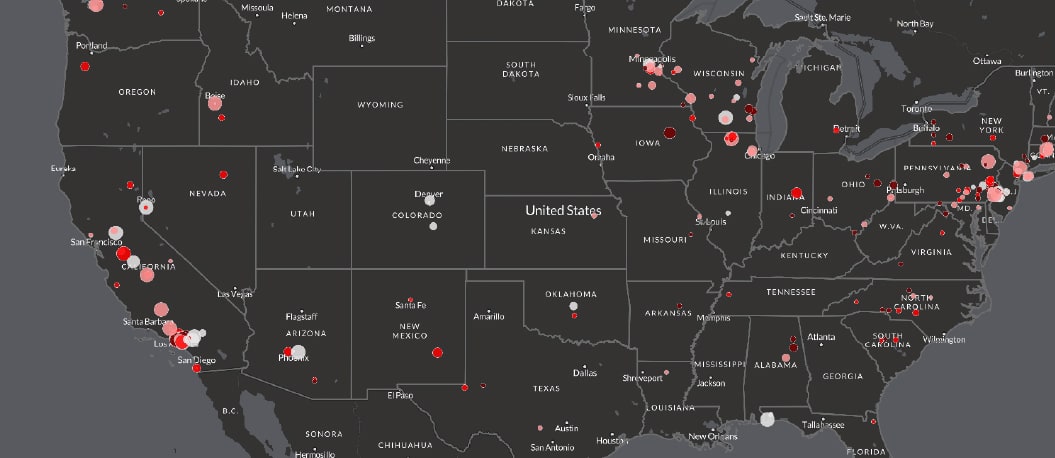EWG Tap Water Atlas
TCE
Trichloroethylene, or TCE, is an industrial solvent that damages the immune system, harms the developing fetus and causes cancer.
TCE contaminates the tap water of 19 million people in 41 states. It is also likely an issue in many private wells, potentially affecting an additional 1.5 million people.
Once commonly used to remove grease from metal parts and as a solvent in dry cleaning and carpet cleaning products, TCE persists in the environment for decades. It is a volatile organic compound, which means it can enter indoor air as a gas through water in pipes, exposing people to it through inhalation when they are bathing, washing dishes and doing other water-related household activities.
EPA’s legal limit for TCE in tap water, set in 1987, is 5 parts per billion, or ppb. EWG’s health guideline is 0.4 ppb, the level the Minnesota Department of Health says would have little or no risk of health effects for a person who drank the water daily for a lifetime.
Utility-level treatments for TCE in tap water include granular-activated carbon and aeration. Consumers can also remove TCE from their drinking water with an inexpensive carbon-based filter.



